
Cladding companies could be sued and subject to fines for defective products under new powers proposed by the government that could also see developers and manufacturers that don’t pay for cladding remediation barred from the housing market.
The new measures were unveiled yesterday (14 February) by secretary of state for levelling up, Michael Gove.
The government said that those in the industry “not doing the right thing” by paying towards a building safety levy to fix historical problems with buildings could be blocked from receiving planning permission or building control sign-off on developments.
The powers will be brought into law via amendments to the Building Safety Bill, subject to approval by Parliament.
The government said it “hopes to not have to use these powers” but that developers and manufacturers which do not act responsibly “must face commercial and financial consequences”.
Cost Contribution Orders will be able to be placed on manufacturers that have been successfully prosecuted under construction products regulations. These orders will require them to pay for buildings needing remediation.
Amendments to the Building Safety Bill would also allow building owners and landlords to take legal action against manufacturers which used defective products on a home that has since been found unfit for habitation. The power will stretch back 30 years and allow recovery where costs have already been paid out.
New clauses will also enshrine in law the commitment Gove made in the House of Commons last month that no leaseholder living in their own home, or sub-letting in a building over 11m, will pay for the removal of dangerous cladding.
Under the plans, developers that still own a building over 11m that they built or refurbished – or landlords linked to an original developer – will be required to pay in full to fix historic building safety issues in their property.
Building owners not linked to the developer but who can afford to pay in full will also be required to put up the money to do so.
“These measures will stop building owners passing all costs on to leaseholders and make sure any repairs are proportionate and necessary for their safety.”
Where building owners do not have the resources to pay, leaseholders will be protected by a cap. The cap will be set at similar levels to ‘Florrie’s Law’ which applies to some repairs to social housing: £10,000 for homes outside London and £15,000 for homes in the capital. This will limit how much leaseholders in this scenario can be asked to pay for non-cladding costs, including waking watch charges, the government said.
Any costs paid out by leaseholders over the past five years will count towards the cap, meaning some leaseholders will pay nothing more. The government will carry out further consultations before finalising the cap.
Meanwhile, courts will also be given new powers to stop developers using shell companies, which make them difficult to trace or identify who they are run by.
Gove said: “It is time to bring this scandal to an end, protect leaseholders and see the industry work together to deliver a solution.
“These measures will stop building owners passing all costs on to leaseholders and make sure any repairs are proportionate and necessary for their safety.
“All industry must play a part, instead of continuing to profit whilst hardworking families struggle.
“We cannot allow those who do not take building safety seriously to build homes in the future, and for those not willing to play their part they must face consequences.
“We will take action to keep homes safe and to protect existing leaseholders from paying the price for bad development.”
Comments
Comments are closed.



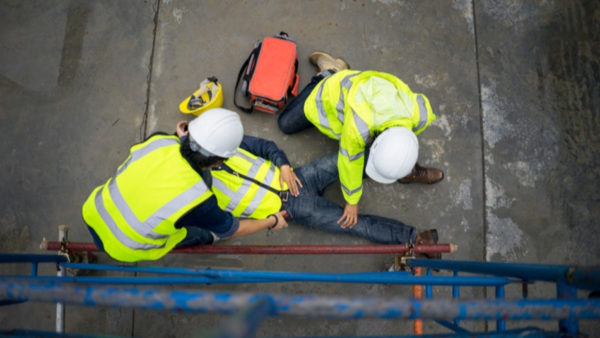
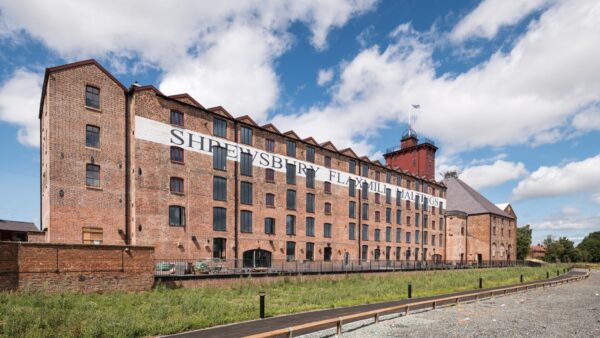
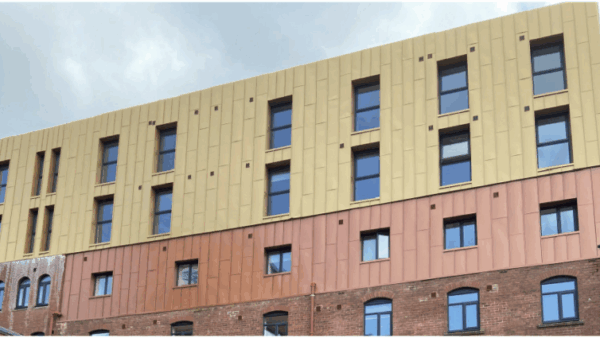
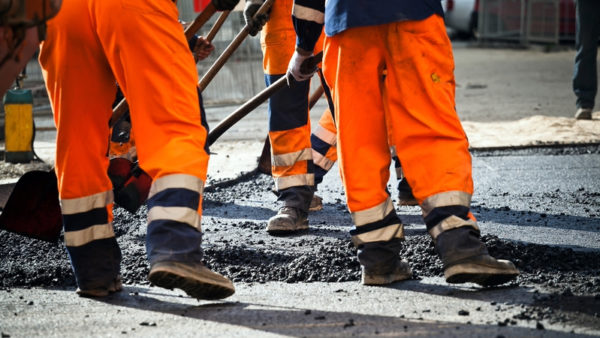

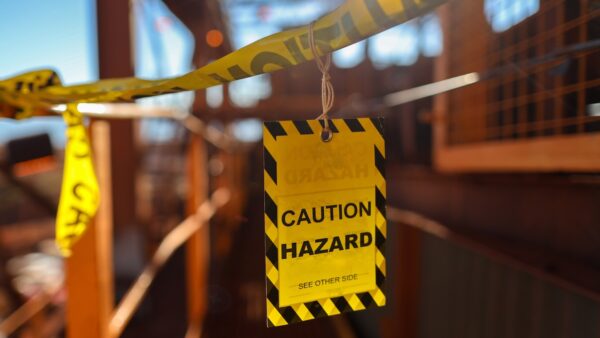



The Secretary For State in order to recover penalty costs from manufactures and installers of building products must first be able to successfully obtain proof in each case that the offenders are liable and some of whom are registered abroad, at the expense of the taxpayer having foot the cost of proceedings . It seems to be an ill thought out idea lacking practical enforcement.
So will the government be taking itself to task when the next stage of the Inquiry shows how, in pursuit of a deregulation ideology, they deliberately ignored advice and suppressed regulation which could have prevented the cladding crisis (or at least nipped it in the bud at a far earlier stage)? There has been some grave wrongdoing in the industry but Cameron’s obsessive ‘bonfire of regulation’ and his vow to ‘kill off the health and safety culture for good’ created exactly the environment necessary for the cladding crisis and the Grenfell fire to come about. But no doubt government will brush this aside and manage the message as they see fit in this age of post-truth politics.
Another demonstration on how ‘Teflon’ Government Agencies are when called to account.
‘Smoke & mirrors’ tactics to deflect where complicity and negligence lie.
The cladding companies will wind up and start new businesses.
Developers would have ring-fenced any developments before selling off to institutions/investors.
Building owners will sell off assets or find some other means of offsetting expenditure which will fall to local authorities, pensioners or the occupiers.
These proposals are a good start but really leaseholders should be paying absolutely nothing to have their buildings remediated. The problem is not theirs but one created by the industry.
I like the idea to exclude builders and developers from the housing market if they fail to remediate. A similar proposal was put forward by the CIOB to the consultation on the New Homes Ombudsman. In that instance we proposed a) that all housebuilders needed a licence to build homes and b) the licence could be revoked for persistent quality issues or bad practice.
Anyway the these amendments to the Building Safety Bill the devil will be in the detail and also whether the industry wants to put its house in order or as is usual blame someone else.
it clear to anyone who has follows the evidence emerging in the Grenfell enquiry that the industry is broken, the moral compass is lost and it is failing to improve the quality of life for millions of people as a result of its shoddy work.